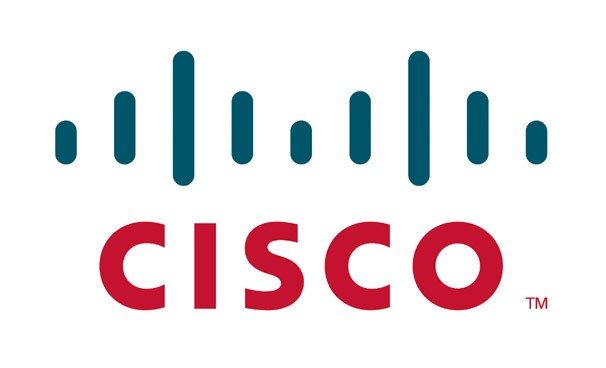
I’ve attended quite a few conferences in the past month and was reflecting on the different themes they explored.
The four that stand out most clearly are: risk management, regulatory reform, operational efficiency and innovation.
Contemplating what each of these mean in practice makes you realise how difficult a job banks have on their hands in their day-to-day management and long-term strategy.
Specifically, in conversation with one banker yesterday, it is clear that many of these pressures and stresses on the business are stretching management and morale to breaking point.
For example, how can you expand your business portfolio when capital adequacy needs to be raised?
How can you improve your loan book when no-one wants loans anymore, particularly your bad ones?
How can you innovate when all focus has to go into keeping the lights on?
How can you determine your forward strategy when you have no idea what the policymakers will do next?
The result is that tough decisions have to be made.
For some, this will be a transformational moment, where radical actions can be taken and sacred cows can be slaughtered. For the stressed out banks, this is particularly going to be the case.
For others, it will be business as usual, with ongoing change programs ongoing and strategic investments considered and made where appropriate.
For a few however, this could be so difficult to manage through the turbulent business cycle that it leaves them like a rabbit in the headlights, waiting to be run over.
It is this last category that concerns, but should not concern too much.
These will be the failures that get subsumed by federal authorities or competitors, as we have seen in the USA with the 99th bank failure of the year over the last weekend.
All in all, it does make this the hardest moment in memory for a bank to make the right choices.
Dealing with risk management, regulatory reform, operational efficiency and innovation are challenging enough. Dealing with them in a business cycle where no-one knows whether it is an L-shaped, V-shaped, W-shaped, U-shaped, or LVWU-shaped downturn makes each decision a decision-squared in its effect and impact.
But making no decision is the worst decision that could possibly be made of all..
*
The Finanser is sponsored by VocaLink and Cisco:
For details of sponsorship email us
Chris M Skinner
Chris Skinner is best known as an independent commentator on the financial markets through his blog, TheFinanser.com, as author of the bestselling book Digital Bank, and Chair of the European networking forum the Financial Services Club. He has been voted one of the most influential people in banking by The Financial Brand (as well as one of the best blogs), a FinTech Titan (Next Bank), one of the Fintech Leaders you need to follow (City AM, Deluxe and Jax Finance), as well as one of the Top 40 most influential people in financial technology by the Wall Street Journal's Financial News. To learn more click here...

